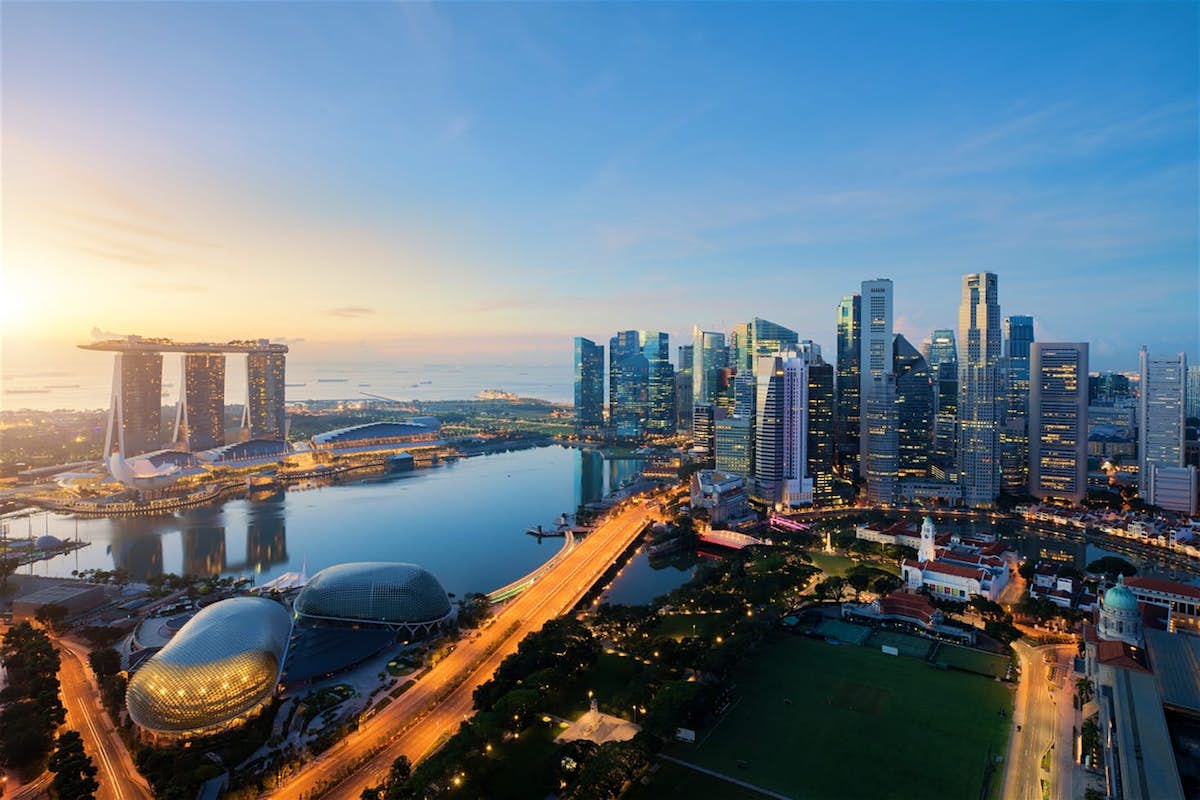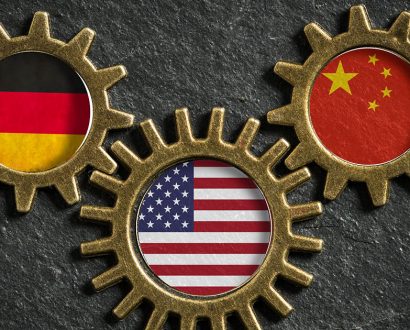The US has been ranked the world’s most competitive economy for the first time in a decade, according to The World Economic Forum’s (WEF) annual Global Competitiveness Report 2018.
A total of 140 economies were ranked against 12 pillars – which include 98 indicators from infrastructure to innovation – providing unique insight into the drivers of productivity in the era of the Fourth Industrial Revolution.
Six European countries featured in the top 10, which remained nearly unchanged from last year with the exception of Denmark, which secured 10th place from Canada, now 12th. On the other end of the scale, Haiti, Yemen and Chad ranked as the world’s least competitive economies.
Troublingly, the Report concluded that most economies are far from the competitiveness ‘frontier’ given that the median global score is 60. WEF also warned that the global economy was largely unprepared for the rise of digital technologies in the Fourth Industrial Revolution, with 103 of the 140 economies scoring lower than 50% for innovation capability in turning an idea into a commercial product.
“Embracing the Fourth Industrial Revolution has become a defining factor for competitiveness,” said Klaus Schwab, WEF’s Founder and Executive Chairman, in the Report. “Only those economies that recognise the importance of the Fourth Industrial Revolution will be able to expand opportunities for their people.”
Here’s a look at the top 10 most competitive economies:
-
United States
Score: 85.6/100
Described as “the closest economy to the frontier, the ideal state”, the US ranked in the top three for seven of the 12 pillars. While it scored highly for its entrepreneurial culture, labour market and financial system, the country also has areas for improvement. The US dropped behind other advanced economies in checks and balances (40th place), judicial independence (15th), corruption (16th), and health (46th), with a life expectancy of 67.7 years.
-
Singapore
Score: 83.5/100
Second-placed Singapore is defined by its top score in health – tied with Spain, Hong Kong and Japan – and world-leading transport system. The country’s government was recognised as the most ‘future ready’ and its policies were commended for promoting openness. The WEF argued that the definition of openness must look to concepts beyond trade, freedom of people’s movement and ideas exchange, revealing that open economies have greater innovative and more competitive markets.
-
Germany
Score: 82.8/100
The Report revealed that there are only a few innovation powerhouses in the world, with Germany leading the pack, closely followed by the US and Switzerland. As the strongest European performer this year, Germany stood out for its patents and research publications, and showed strength in its macroeconomic stability (1st), business dynamism (2nd), and skilled human capital (4th).
-
Switzerland
Score: 82.6/100
This year voted the best country in the world, ‘super innovator’ Switzerland finished first in the human capital component of the Report with a near-perfect health score of 99.8, and demonstrated one the most advanced vocational training segments in the world (92.3). Home to a dense network of SMEs and leading large multinationals, Switzerland’s innovation process is supported by a conducive institutional framework, superior transport and infrastructure, a stable financial system, and an active labour market.
-
Japan
Score: 82.5
The most improved of the top 10 economies, Japan rose three places compared with the 2017 Report. It ranks first in health and air transport infrastructure, and high up in physical and digital infrastructure, with 93% of the adult population using the internet on a regular basis. Meanwhile, its weakest areas include institutions and skills, scoring low on entrepreneurial culture measures such as risk aversion, creativity, and critical thinking.
Here’s what the rest of the top 10 looks like:
6. Netherlands
7. Hong Kong SAR
8. United Kingdom
9. Sweden
10. Denmark
The 10 least competitive economies:
- Chad
- Yemen
- Haiti
- Angola
- Burundi
- Congo
- Sierra Leone
- Mozambique
- Liberia
- Mauritania
Need some more inspiration for your 2019 travel list? We investigate Lonely Planet’s list of the best cities to visit in the new year.







